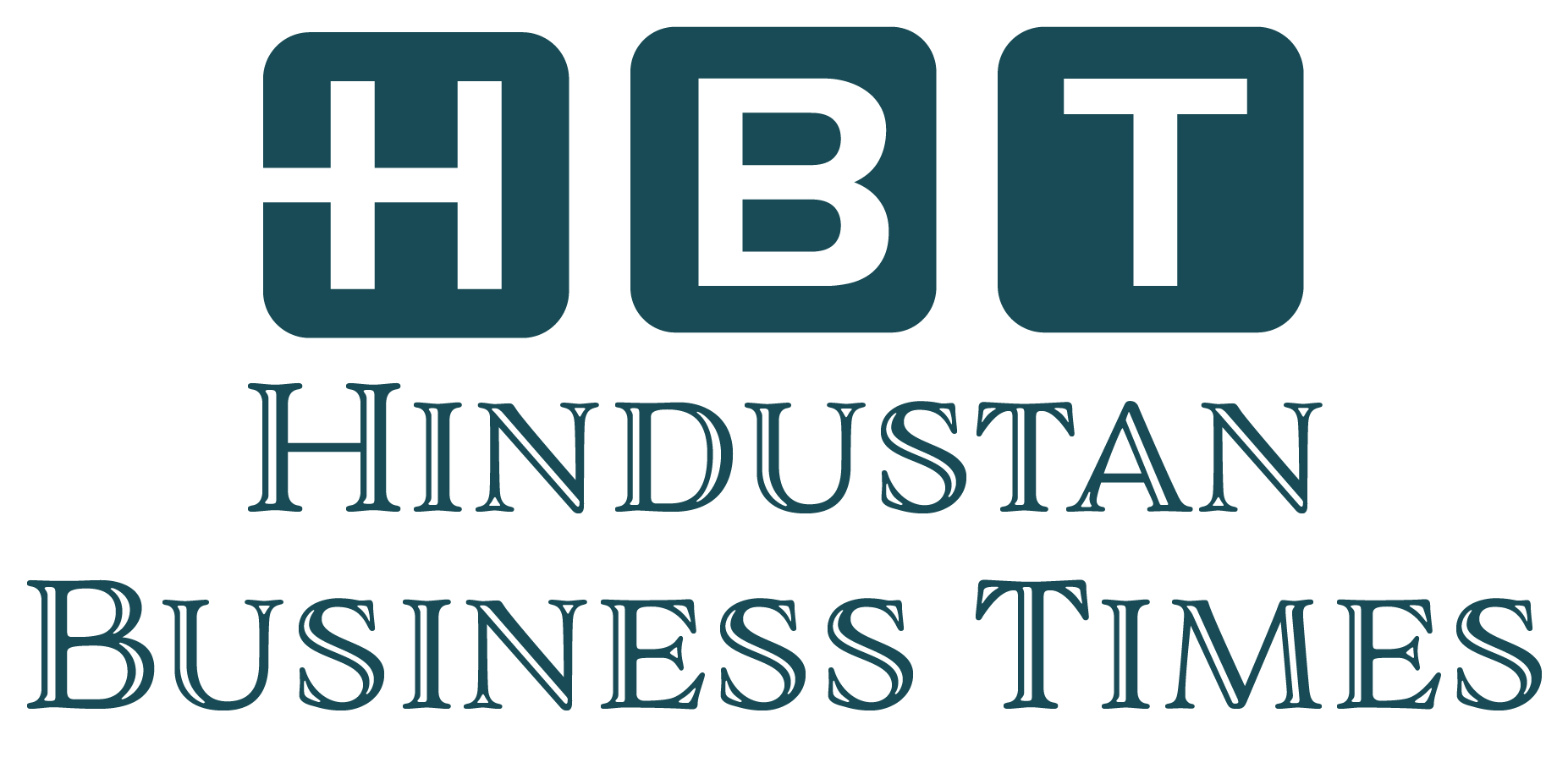Recent revelations about foreign interference in Canada highlight the challenges governments face in combating disinformation. Malign foreign entities and domestic officials play complex roles, leading to government paralysis and eroding public confidence. My forthcoming article examines the Canadian government’s response to Russian disinformation and offers lessons on addressing foreign disinformation more effectively.
Focus on Russia
Since Russia annexed Crimea in 2014, Canadian agencies have warned about Russian disinformation’s reach and harm. Following Russia’s 2022 invasion of Ukraine, Canada has portrayed Russian disinformation as a threat to national security and democratic integrity. In response, Canada has bolstered Ukraine’s security, warfare communications, and democratic resilience, saving lives by helping Ukraine obtain accurate information.
Safeguarding Canadian Democracy
Domestically, Canada has launched initiatives to protect its democracy from disinformation, improving monitoring, reporting, and coordination. Controversially, Canada has blocked Russian media and sanctioned “disinforming agents,” but such actions may backfire by fueling mistrust and appearing to interfere with free speech.
Despite significant efforts, there is no overarching organization to address disinformation. Promising steps include the creation of a National Foreign Interference Coordinator and the Foreign Influence Transparency and Accountability Act. However, a long-term ethical strategy is needed.
Five Measures to Take Now
- Unified Mindset and Urgent Action: Recognize disinformation as a significant challenge and raise awareness with transparent, contextualized information. Outline feasible actions and effectiveness measures.
- Clear and Transparent Communication: Ensure transparent communication among government entities and the public. Share information openly and consistently.
- Whole-of-Government Coordination: Expand coordination mechanisms like the Rapid Response Mechanism, replicate successful models in other departments, and leverage AI and open-source intelligence.
- Fair and Transparent Blocking and Sanctioning: Administer blocking and sanctions fairly and transparently. Assess effects carefully and protect space for debate to preserve trust.
- Long-Term Social Resilience: Develop digital literacy at the grassroots level and encourage civil society to create original solutions and partnerships to combat disinformation.
By adopting these measures, Canada’s government and society can better protect the information space without undermining free speech principles, ensuring appropriate oversight and accountability.

